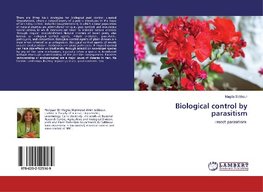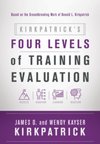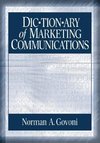
-
 Anglický jazyk
Anglický jazyk
Biological control by parasitism
Autor: Magda Sabbour
There are three basic strategies for biological pest control: classical (importation), where a natural enemy of a pest is introduced in the hope of achieving control; inductive (augmentation), in which a large population of natural enemies are administered... Viac o knihe
Na objednávku, dodanie 2-4 týždne
50.85 €
bežná cena: 56.50 €
O knihe
There are three basic strategies for biological pest control: classical (importation), where a natural enemy of a pest is introduced in the hope of achieving control; inductive (augmentation), in which a large population of natural enemies are administered for quick pest control; and inoculative (conservation), in which measures are taken to maintain natural enemies through regular reestablishment. Natural enemies of insect pests, also known as biological control agents, include predators, parasitoids, pathogens, and competitors. Biological control agents of plant diseases are most often referred to as antagonists. Biological control agents of weeds include seed predators, herbivores and plant pathogens. Biological control can have side-effects on biodiversity through attacks on non-target species by any of the same mechanisms, especially when a species is introduced without thorough understanding of the possible consequences. Parasites (ectoparasites or endoparasites) are a major cause of diseases in man, his livestock and crops, leading to poor yield and great economic loss.
- Vydavateľstvo: LAP LAMBERT Academic Publishing
- Rok vydania: 2020
- Formát: Paperback
- Rozmer: 220 x 150 mm
- Jazyk: Anglický jazyk
- ISBN: 9786202525169











